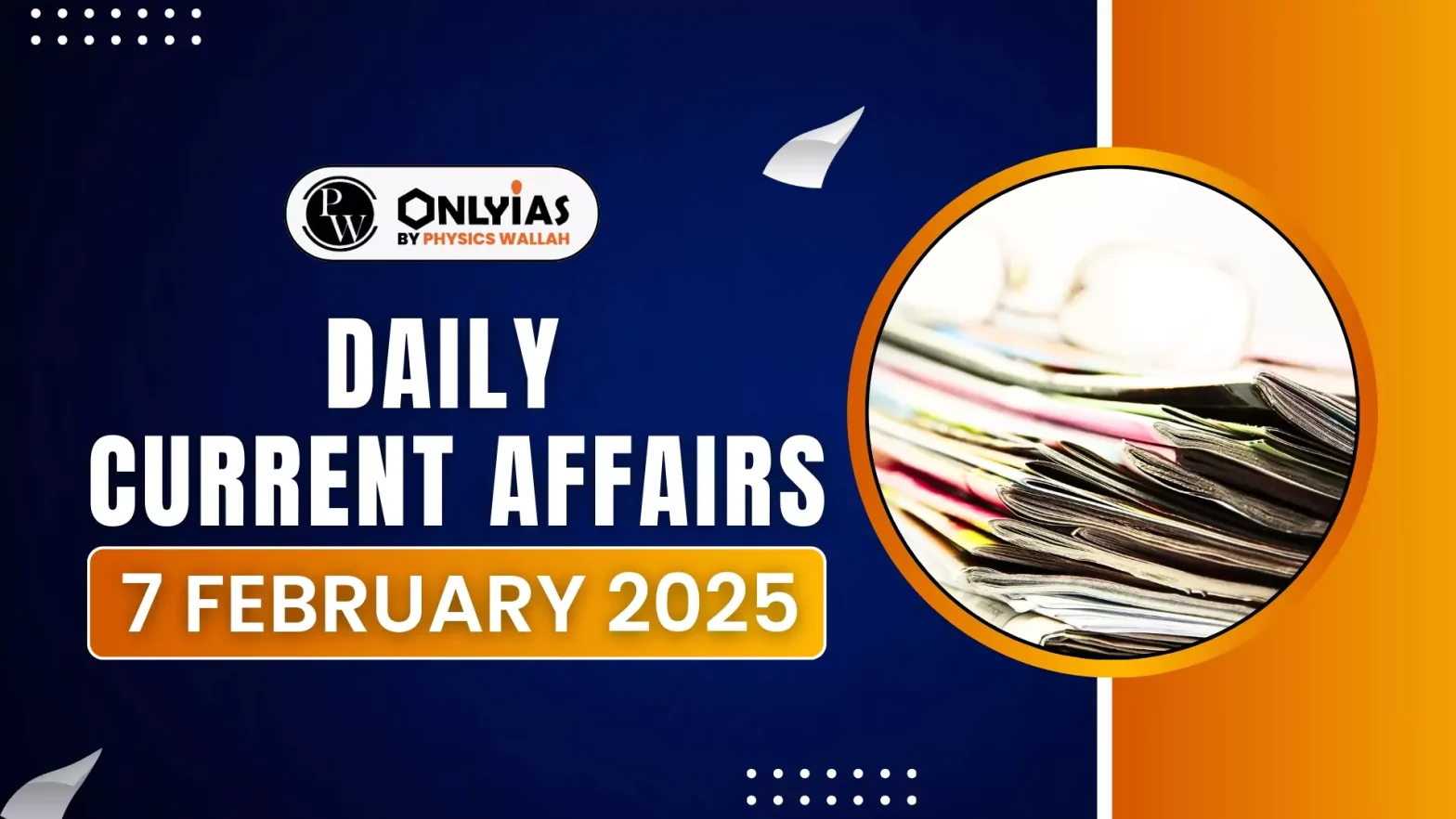Bhopal, Madhya Pradesh, has implemented a complete ban on begging across all public places; this decision follows Indore’s similar order
Key Highlights on the Ban
- Aim : To address the issue of begging while providing alternative solutions for displaced beggars.
- Prohibited Practices: Begging in all public places is strictly prohibited. Giving alms or purchasing goods from beggars is also banned.
- Enforcement: Strict enforcement measures are in place, allowing FIRs to be registered against both beggars and those who provide them with money or goods.
- In Indore, an FIR was recently registered against an unidentified individual for giving alms to a beggar.
Enroll now for UPSC Online Course
Legal Basis for the Ban
- The ban is enforced under Section 163 of the Bharatiya Nagarik Suraksha Sanhita (BNSS), 2023.
- This law empowers officials such as the district magistrate, sub-divisional magistrate, or any other executive magistrate to issue an order in urgent cases of ‘nuisance or apprehended danger.’
- The order can prohibit any person from engaging in a particular act.
- Applicability: The law applies to residents of a particular place, those visiting a specific area, or the general public frequenting certain locations.
- Punishment under the Ban : Violators of the ban will be punished under Section 223 of the Bharatiya Nyaya Sanhita (BNS), 2023, which includes:
- Up to six months imprisonment or a fine of ₹2,500 or both.
- If the act poses a danger to public health or safety, punishment increases to one year imprisonment and a fine of ₹5,000.
- Duration of the Order: The order is initially valid for two months.
- It can be extended for up to six months by the state government.
Who is a Beggar?
- Definition of a Beggar (as per Bombay Prevention of Begging Act, 1959): A beggar is anyone who:
- Solicits alms in any form.
- Performs or offers items for sale.
- Appears destitute and lacks visible means of subsistence.
- Colonial Law: The Criminal Tribes Act of 1871 criminalized nomadic tribes, linking them with vagrancy and begging.
- Constitutional Reference: The Constitution of India allows both Union and state governments to enact laws related to vagrancy, beggary, and nomadic/migratory tribes under the Concurrent List (List III, Entry 15).
- Precedence : There is no national law on begging. Instead, many states and Union Territories follow the Bombay Prevention of Begging Act, 1959.
- Delhi High Court (2018): Struck down multiple provisions of the Bombay Prevention of Begging Act, calling them “manifestly arbitrary” and violative of Article 21 (Right to Life with Dignity).
- Supreme Court of India (2021):
-
- Rejected a PIL that sought to remove beggars from public spaces.
- Stated that begging is a socio-economic issue rather than a criminal offense.
Reasons for Begging in India
- Economic Factors: Poverty, unemployment, underemployment, and rural-urban migration force individuals into begging due to lack of opportunities.
- Natural Disasters: Displacement caused by floods, droughts, or famines leaves people homeless and reliant on begging for survival.
- Social Issues: Family disintegration, ancestral profession, and widowhood contribute to the prevalence of begging.
- Physical and Psychological Challenges: Lack of rehabilitation for disabled individuals and mental health issues drive people to beg.
- Organized Begging Cartels: Begging is often controlled by syndicates that exploit vulnerable individuals, especially in urban areas.
Check Out UPSC Modules From PW Store
Support for Marginalized Individuals for Livelihood and Enterprise (SMILE) Scheme
- Launched in 2022 by the Ministry of Social Justice and Empowerment.
- Objective:
- To rehabilitate beggars by offering medical care, education, and skill training.
- Aims to create a “beggar-free” India by 2026.
- Statistics (as per Census 2011):
- India has approximately 4,13,670 beggars and vagrants.
- West Bengal has the highest number of beggars, followed by Uttar Pradesh and Bihar.
Implications of Begging
- Discrimination and Exploitation: Beggars, especially those with disabilities, face social exclusion and are vulnerable to abuse by organized begging gangs and traffickers.
- Public Health and Hygiene Risks: Begging hotspots often lack sanitation, leading to disease outbreaks, malnutrition, and additional strain on public healthcare systems.
- Crime and Human Trafficking: Organized syndicates force children and vulnerable individuals into begging, sometimes using drug addiction and physical abuse to control them.
- Impact on Urban Spaces and Tourism: Aggressive begging creates security concerns, discourages tourism, and reinforces negative perceptions of India’s cities.
Pros and Cons of Ban on Begging
| Pros |
Cons |
- Reduces exploitation by begging cartels
- Encourages rehabilitation programs
- Improves urban aesthetics and tourism
- Addresses public health and safety concerns
- Promotes donations to credible charities
|
- Criminalizes poverty, targeting vulnerable groups
- Lacks adequate infrastructure for rehabilitation
- Violates dignity and right to livelihood
- May push beggars into illegal activities
- Enforcement challenges and misuse of laws
|
Enroll now for UPSC Online Classes
Way Forward
- Strict Enforcement Against Exploitation: Strengthen anti-trafficking laws and dismantle begging cartels through police-NGO collaboration, focusing on rehabilitation over punishment.
- Public Awareness and Community Support: Promote donations to credible charities instead of direct almsgiving to prevent organized exploitation.
- Rehabilitation and Employment: Expand government shelters, provide skill training, and integrate beggars into the workforce for long-term economic stability.
- Policy Reforms and Local Partnerships: Develop holistic policies addressing unemployment and homelessness, engaging businesses to create sustainable livelihoods.
Ready to boost your UPSC 2025 preparation? Join PW’s UPSC online courses today!
![]() 7 Feb 2025
7 Feb 2025

